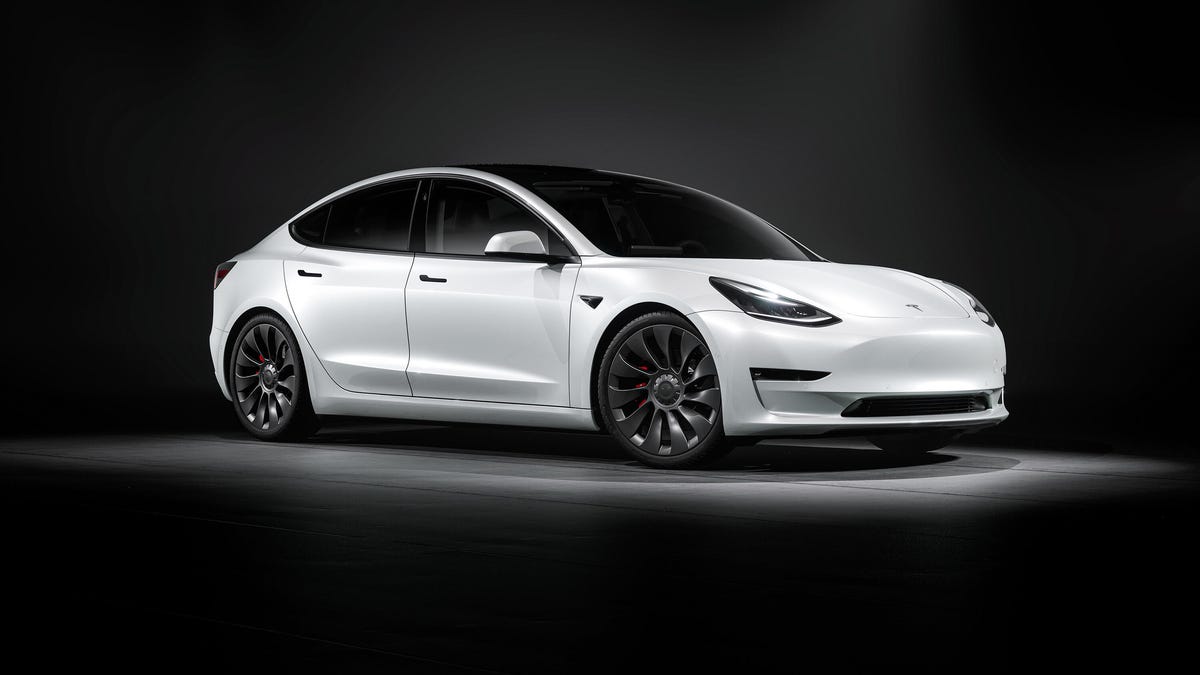Tesla switches all standard-range vehicles to LiFePo chemistry
The move to LFP will reduce cost and dependency on cobalt for lower-range vehicles.
The thing about modern lithium nickel-cobalt-aluminum-oxide battery chemistries as fitted to modern, long-range electric vehicles is that they're expensive. They're expensive because their increased energy density necessitates the use of more rare-earth minerals in their construction. There are other chemistries, though, and one of the more popular ones is called lithium-iron-phosphate or LFP.
In a move to offer reduced-cost Model 3s to the Chinese market, Tesla started offering its base Model 3 with an LFP battery pack. Since LFP chemistry makes for a less energy-dense cell, it provides a lower range but at significantly lower production costs. That move worked so well for Tesla that now, according to its 2021 Q3 shareholder deck (PDF), released Wednesday, it's moving to LFP chemistry for all of its standard-range vehicles around the world.
While Tesla is likely mainly after the cost savings that lithium-iron-phosphate batteries offer, they are also a little kinder on the environment thanks to the previously mentioned reduced amounts of rare-earth metals, which are often mined in less-than-savory manners in countries with questionable human rights policies.
The current US Model 3 Standard Range Plus offers up 262 miles of EPA estimated range for a retail price of $43,490, including destination. It's unclear if Tesla will pass the savings from the chemistry switch on to its customers or if it will just pocket the difference, but what is clear is that we're likely to see a slight range dip from the change.
We'd ask Tesla for comment and clarification on something like this, but Tesla does not operate a public relations department to field requests for comment.


